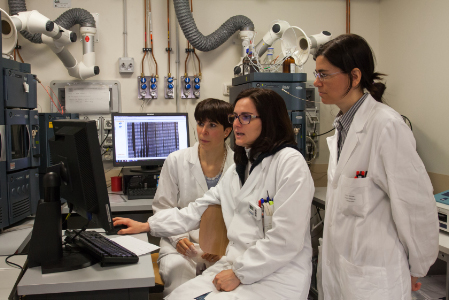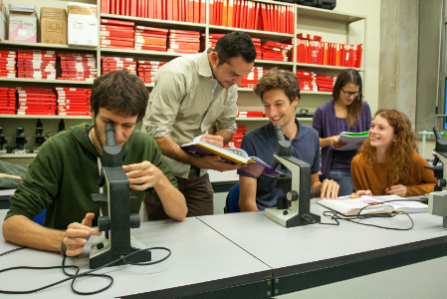The purpose of this study was to evaluate the effects of risedronate (Ris) in the modulation of bone formation in rats with glucocorticoid (GC)-induced osteoporosis by histomorphometric, immunohistochemical and gene expression analyses.
We analyzed structure, turnover and microarchitecture, cyclooxygenase 2 (COX-2) levels and osteocyte apoptosis in 40 female rats divided as follows: 1) vehicle of methylprednisolone (vGC) + vehicle of risedronate (vRis); 2) Ris 5 μg/Kg + vGC; 3) methylprednisolone (GC) 7 mg/Kg + vRis; 4) GC 7 mg/Kg +Ris 5 μg/Kg. In addition, we evaluated cell proliferation and expression of COX-2 and bone alkaline phosphatase (b-ALP) genes in bone marrow cells and MLO-y4 osteocytes treated with Ris alone or in co-treatment with the selective COX-2 inhibitor NS-398 or with dexametasone.
Ris reduced apoptosis induced by GC of osteocytes (41% vs 86%, P < 0.0001) and increased COX-2 expression with respect to controls (Immuno-Hystochemical Score (IHS): 8.75 vs 1.00, P < 0.0001). These positive effects of Ris in bone formation were confirmed by in vitro data as the viability and expression of b-ALP gene in bone marrow cells resulted increased in a dose dependent manner.
These findings suggest a positive effect of Ris in bone formation and support the hypothesis that the up-regulation of COX-2 could be an additional mechanism of anabolic effect of Ris.







